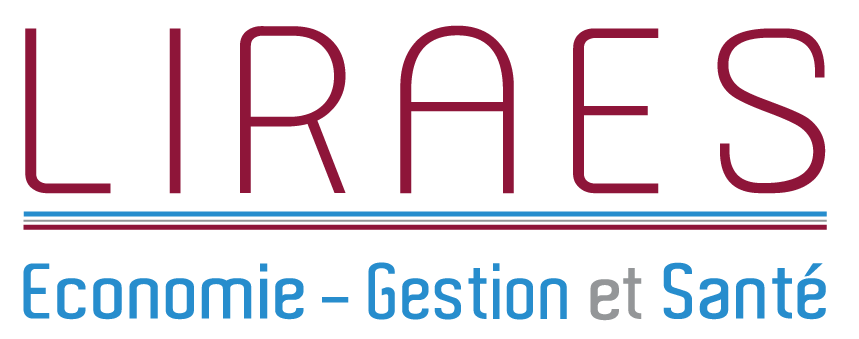Abstract
Objectives To analyse preferences around promotion of COVID-19 vaccination among workers in the healthcare and welfare sector in Fance at the start of the vaccination campaign.
Design Single-profile discrete-choice experiment. Respondents in three random blocks chose between accepting or rejecting eight hypothetical COVID-19 vaccination scenarios.
Setting 4346 healthcare and welfare sector workers in France, recruited through nation-wide snowball sampling, December 2020 to January 2021.
Outcome The primary outcomes were the effects of attributes’ levels on hypothetical acceptance, expressed as ORs relative to the reference level. The secondary outcome was vaccine eagerness as certainty of decision, ranging from −10 to +10.
Results Among all participants, 61.1% made uniform decisions, including 17.2% always refusing vaccination across all scenarios (serial non-demanders). Among 1691 respondents making variable decisions, a strong negative impact on acceptance was observed with 50% vaccine efficacy (compared with 90% efficacy: OR 0.05, 95% CI 0.04 to 0.06) and the mention of a positive benefit–risk balance (compared with absence of severe and frequent side effects: OR 0.40, 0.34 to 0.46). The highest positive impact was the prospect of safely meeting older people and contributing to epidemic control (compared with no indirect protection: OR 4.10, 3.49 to 4.82 and 2.87, 2.34 to 3.50, respectively). Predicted acceptance was 93.8% for optimised communication on messenger RNA vaccines and 16.0% for vector-based vaccines recommended to ≥55-year-old persons. Vaccine eagerness among serial non-demanders slightly but significantly increased with the prospect of safely meeting older people and epidemic control and reduced with lower vaccine efficacy.
Discussion Vaccine promotion towards healthcare and welfare sector workers who hesitate or refuse vaccination should avoid the notion of benefit–risk balance, while collective benefit communication with personal utility can lever acceptance. Vaccines with limited efficacy will unlikely achieve high uptake.
